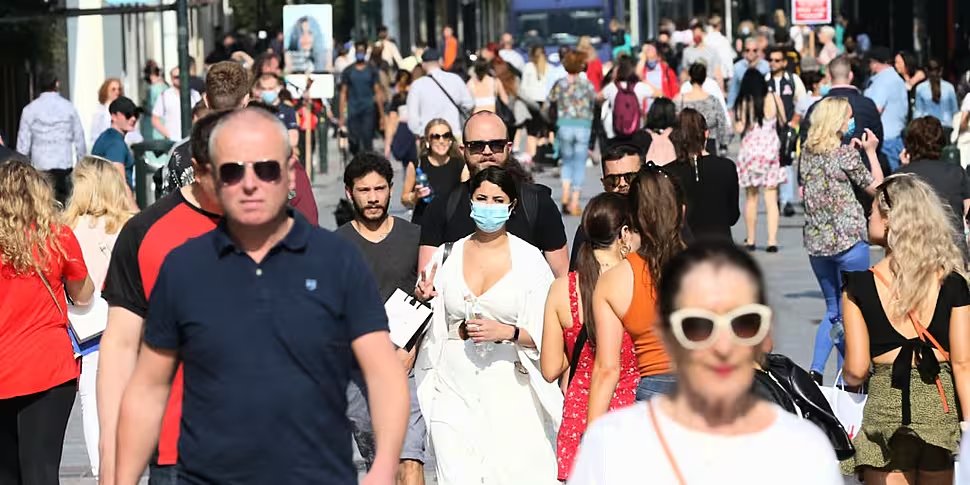An influenza virus researcher says proposed coronavirus restrictions on Dublin will confuse people and not help them to act as quickly as they need to.
It comes as the Cabinet is expected to approve moving the capital to level three of COVID-19 restrictions later on Friday, with some additional restrictions.
This is expected to include an extra measure such as a ban on indoor dining for restaurants.
Dr Kim Roberts is influenza virus researcher and assistant professor of virology at Trinity College Dublin (TCD).
She told Newstalk Breakfast she thinks the restrictions are the right way to go, but that some people will be confused.
"I do think that there's a valid argument to do this.
"I think some of the levels, and the level three-plus, is very confusing and that will not help people to act as quickly as we need to in terms of changing behvaiour so that we can get the numbers of transmission down as quickly as possible.
"The problem is is that if we just equate the severity of the outbreak to deaths - or to the number of people in hospitals - we're always going to be delayed.
"We're going to be a couple of weeks behind where transmission is.
"What we need to be focusing on is community transmission, because the virus has to get into our house somehow and the virus gets into our house by interacting with people outside of our houses.
"So it's OK to say that most of the cases have been within households: you would expect that the frequency of transmission within households, where we've got a lot more close contact for a long time, would be greater but the virus has to get in from somewhere".
"It's about taking the precaution".
Ciara Kelly suggested the cost of such precautions are taking their toll financially - as well as on society in general.
On this, Dr Roberts replied: "I can only talk about virus transmission because that is what I'm an expert in.
"I am not an expert in economics, I am not an expert in public health - and I won't be pushed into having conversations that are outside my area of expertise.
"I'm talking about transmission: we know that transmission events go ahead [with] people ending up in hospital.
"We know that over the last few months a lot of transmission events have taken place in younger people - in people between their 20s and 40s - who are at less risk of going into hospital.
"We know that as the amount of community transmission increases that spills into other areas - it goes into nursing homes, it goes in to hospital wards and then the demographic changes.
"We know that that is starting to creep up and that older people, who are at greater risk of ending up in hospital, are becoming more infected".
"There are too many unknowns as to how our changes in public health strategy over the last six months will successfully curb the impact on hospitals.
"The difficultly is that our hospitals and our public health have been working flat out for the last six months - and so they are as demoralised as everybody else within the population."









